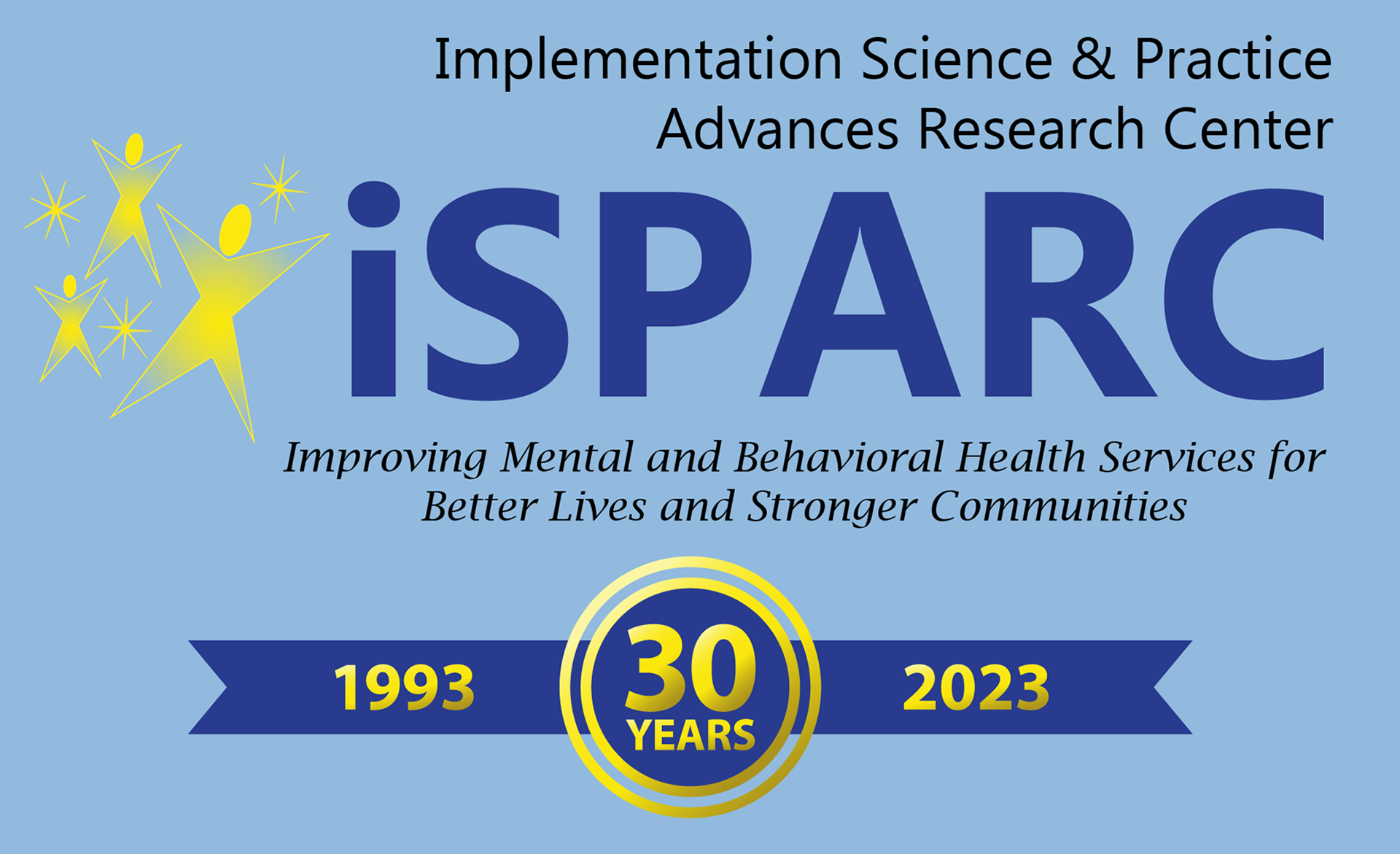Best Practices for Transition Planning for High School Students with Mental Health Conditions
Best Practices for Transition Planning for High School Students with Mental Health Conditions
September 12, 2019
Presenters: Marsha Langer Ellison, Ph.D. and Laura Golden
Three best practices for transition planning have been identified in research conducted through the Learning & Working RRTC at the Transitions to Adulthood Center for Research (TACR). Student-led IEPS, community partner involvement, and career and technical education predict post-secondary employment and education outcomes among special education students with emotional behavioral disturbance. This webinar will describe the content of three manuals from the Translating Evidence to Support Transitions (TEST) project created to guide secondary school transition planners to use and adopt these practices. Process and outcomes for using an implementation science framework to develop and pilot the guides in two states will be presented.
Webinar Archive
-
HYPE on Campus: Initial Results from an Educational Support Intervention for YA Students with MHCs
-
Transforming Community Mental Health
-
Promoting Positive Youth Development in Juvenile Justice Settings: What Do We Need to Know?
-
Pathways to Self Sufficiency: Career & Technical Education for Youth with Emotional Disturbances
-
Academic Coaching for College Students with Mental Health Conditions by Peer Students: Pilot Results
-
Going Virtual: How 3 Young Adult Focused Services Pivoted to Virtual Platforms in 2020
-
Tips and Tricks to Developing and Sustaining a Family Advisory Board
-
Closing Gaps in Perinatal Mental Health Care by Building the Capacity of Frontline Providers
-
Supporting Youth Vocational Goals with Mental Health and Vocational Rehabilitation Collaboration
-
Are You a College Student with a Mental Health Condition? Managing the Wake of COVID: Strategies & Tools to Finish Your Semester
